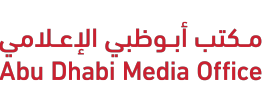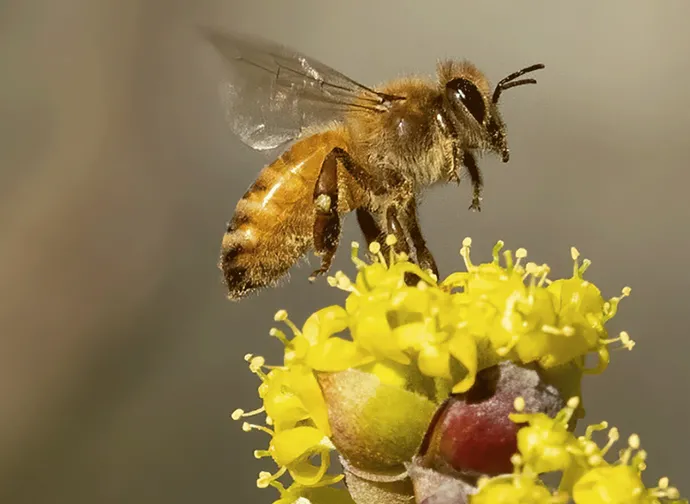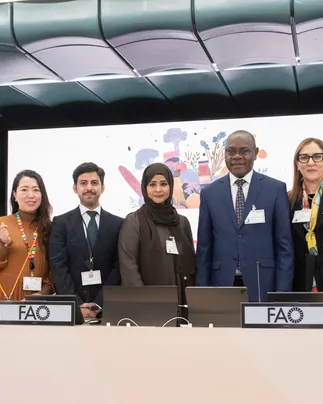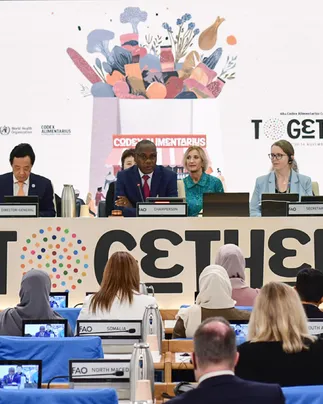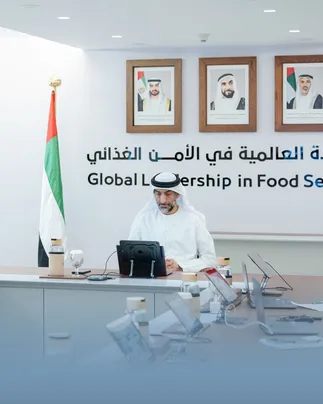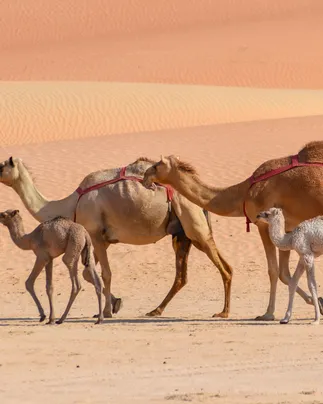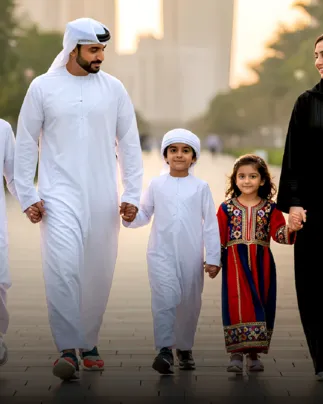In celebration of World Bee Day, observed annually on 20 May, the Abu Dhabi Agriculture and Food Safety Authority (ADAFSA) reiterates its unwavering support for Emirati beekeepers. The commitment is exemplified through the continued provision of high-quality queen bees from the Emirati honeybee breed, aiming to ensure the sustainability of the beekeeping sector and enhance the production of premium local honey varieties such as Samar, Sidr, Ghaf, Mangrove and wildflower.
Between March and April 2025, ADAFSA successfully bred and produced 2,100 tenth-generation queen bees of the Emirati honeybee breed. The initiative is part of ADAFSA's ongoing efforts to develop a resilient local bee strain, reducing reliance on imported honeybee colonies and ensuring the sustainability of beekeeping practices within the UAE. From 2016 to 2024, ADAFSA produced nine generations of Emirati queen bees, totalling 18,692 queens, with 14,461 distributed to beekeepers across the nation.
In 2025, ADAFSA has distributed 1,350 tenth-generation queens to 39 beekeepers. The breeding programme aims to produce 2,300 queens during the spring season (March–May) and an additional 3,000 queens in the autumn season (October–November), culminating in a total of 5,300 tenth-generation queens by the end of 2025.
ADAFSA is intensifying efforts to elevate local honey to global markets. From 31 January to 9 February 2025, the authority organised the Al Wathba Honey Festival, held in conjunction with the Sheikh Mansour bin Zayed Agricultural Excellence Award at the Sheikh Zayed Festival in Al Wathba, Abu Dhabi. The festival featured participation from 50 beekeepers and honey production companies. It included eight competitions, introducing new categories for the best beeswax block and best honey product packaging. A total of 272 participants competed, with 40 winners receiving prizes amounting to AED 439,000.
To further promote awareness of the unique value of Emirati honey, ADAFSA produced an educational video showcasing the diverse honey varieties derived from the UAE's varied landscapes—from the mountains of Al Ain and the deserts of Abu Dhabi to the mangrove coasts. The video underscores the pivotal role of beekeepers and queen bees in producing this valuable nectar and emphasises ADAFSA's efforts in developing the Emirati honeybee breed. It also highlights honey's status as a natural source rich in antioxidants with numerous health benefits. The video conveys the message that protecting honeybees is a civilised practice essential for sustaining biodiversity and food security in the country.
ADAFSA has also conducted various workshops and scientific seminars on beekeeping and honey production. Topics covered include preparing honey samples for local and international competitions, evaluation mechanisms in honey completions, and interactive sessions with beekeepers to discuss challenges in the beekeeping sector and strategies to overcome them.
ADAFSA has implemented two training courses on the fundamentals of beekeeping, targeting novice beekeepers, and another course on the rearing and introduction of queen honeybees. These courses are scheduled to be repeated in October 2025. A training course on honeybee pests and diseases and their control methods is also planned for June 2025, aiming to maintain healthy honeybee colonies capable of thriving in the UAE's conditions and producing high-quality products.
In support of events focused on honey, ADAFSA, in collaboration with the Beekeepers Association, played an active role in organising and evaluating the 13th edition of the International Meeting of Young Beekeepers (IMYB), held in Dubai from 18 to 22 December 2024. This marked the first time this global event was hosted outside Europe, reflecting ADAFSA's commitment to fostering a culture of beekeeping among youth both locally and internationally.
The event brought together over 100 young participants aged 12 to 18 from more than 40 countries. Activities included practical and theoretical competitions, educational workshops, and cultural programmes designed to facilitate knowledge exchange and raise awareness about the importance of bees in food security and environmental sustainability.
As part of its educational initiatives, ADAFSA has published a comprehensive scientific guide titled Bees and Beekeeping in the United Arab Emirates, the first of its kind locally. The publication highlights the biodiversity of bee subspecies, sustainable hive management practices, and environmental challenges facing the beekeeping sector in the UAE. An accompanying children's booklet has been released to educate young readers about the significance of honeybees and honey production in an accessible and engaging manner.
In its ongoing efforts in monitoring and prevention, ADAFSA has recently launched a national project to monitor diseases and pests affecting honeybee colonies. The project aims to establish an accurate database of health challenges threatening the Emirati honeybee breed and to develop a comprehensive national plan to manage these challenges in accordance with global best practices. The project's findings are expected to be announced in the 4th quarter of 2025.
On this global occasion, ADAFSA emphasises that protecting and preserving honeybees is a collective responsibility requiring active participation from the agricultural community and relevant stakeholders, given the crucial role honeybees play in agricultural pollination, sustainable food production, and ecosystem maintenance.
